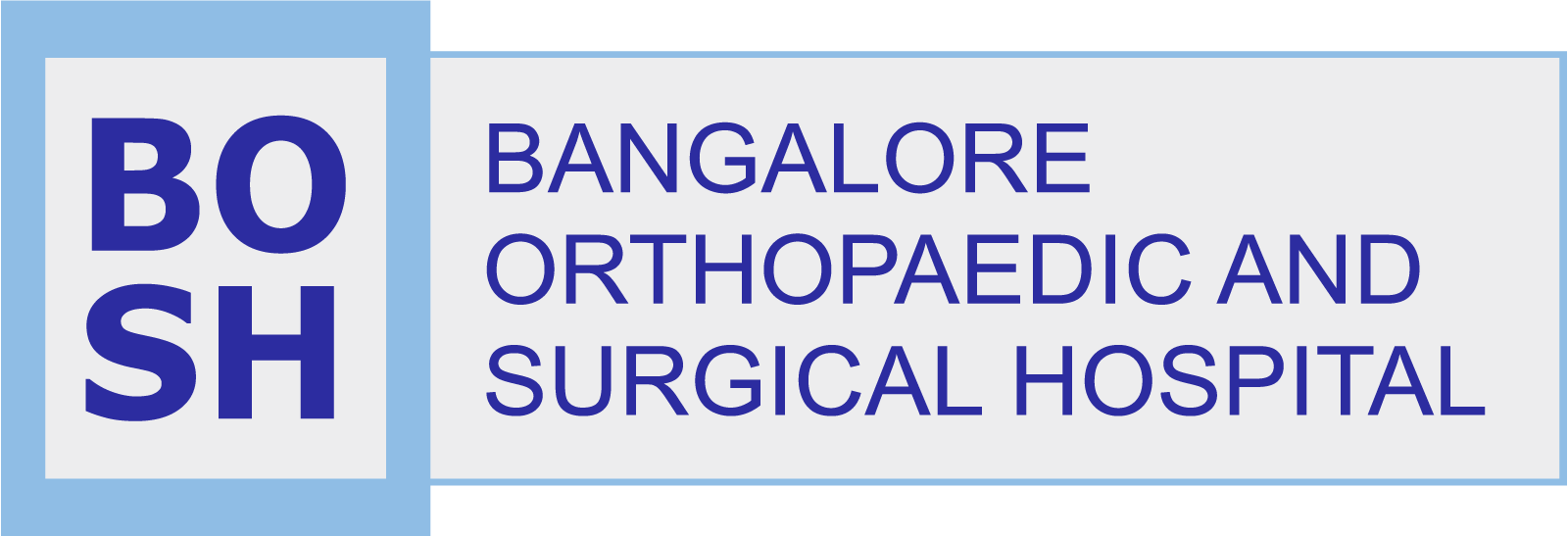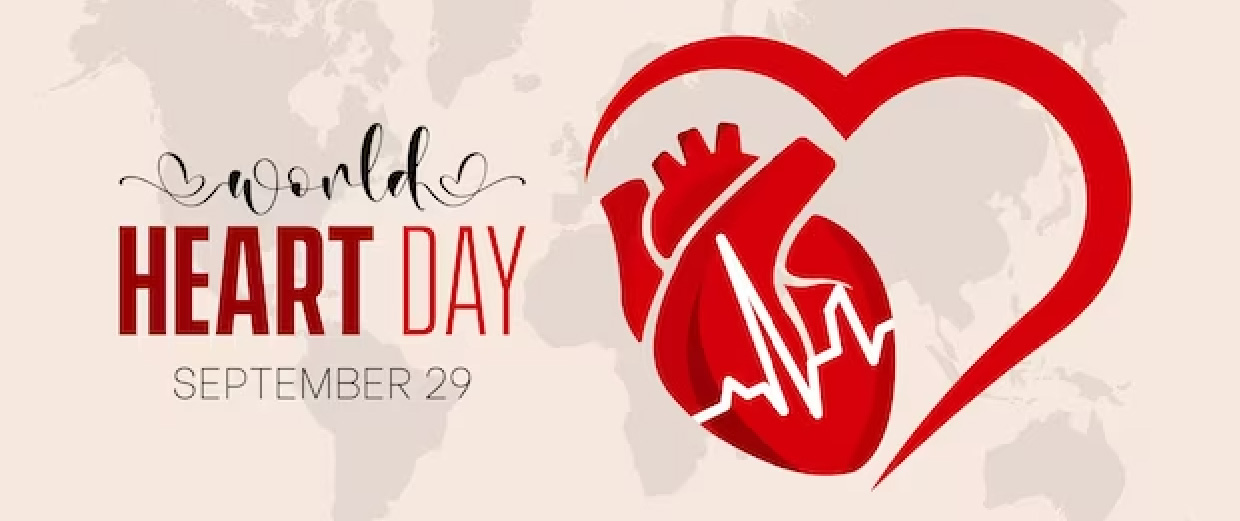Stress is an inevitable part of life, but its impact on heart health is often underestimated. Chronic stress can lead to a host of cardiovascular issues, including high blood pressure, heart disease, and even heart attacks. Understanding how stress affects the heart and adopting effective stress management techniques can significantly improve your heart health and overall well-being.
How Stress Affects the Heart
When you experience stress, your body responds by releasing stress hormones like adrenaline and cortisol. These hormones prepare your body for a “fight or flight” response, increasing your heart rate and blood pressure. While this response is useful in short-term, acute situations, chronic stress keeps your body in a constant state of high alert. Over time, this can lead to wear and tear on your cardiovascular system, contributing to conditions like hypertension, inflammation, and artery damage.
Signs of Stress on Heart Health
Recognizing the signs of stress is the first step in managing its impact on your heart. Common symptoms include:
- Increased heart rate: Feeling your heart pound or race during stressful situations.
- High blood pressure: Persistent elevated blood pressure readings.
- Chest pain: Discomfort or pain in the chest, especially during or after stressful events.
- Irregular heartbeats: Experiencing palpitations or skipped beats.
- Fatigue: Feeling unusually tired or exhausted, even without physical exertion.
If you notice these symptoms, it’s important to address them promptly and seek medical advice if necessary.
Effective Stress Management Techniques
Managing stress effectively involves a combination of lifestyle changes, relaxation techniques, and, when needed, professional support. Here are some strategies to help you reduce stress and protect your heart:
1. Regular Exercise: Physical activity is a powerful stress reliever. Aim for at least 30 minutes of moderate exercise most days of the week. Activities like walking, jogging, swimming, or yoga can help lower stress hormones and improve heart health.
2. Healthy Diet: Eating a balanced diet rich in fruits, vegetables, whole grains, and lean proteins can help stabilize your mood and energy levels. Avoid excessive caffeine, sugar, and processed foods, which can exacerbate stress.
3. Adequate Sleep: Quality sleep is essential for stress management. Aim for 7-9 hours of sleep per night. Establish a calming bedtime routine and avoid screens before bed to improve sleep quality.
4. Mindfulness and Meditation: Practices like mindfulness meditation, deep breathing exercises, and progressive muscle relaxation can help calm your mind and reduce stress. Even a few minutes a day can make a difference.
5. Social Support: Connecting with friends and family can provide emotional support and reduce feelings of isolation. Don’t hesitate to seek help from loved ones when you’re feeling overwhelmed.
6. Professional Help: If stress becomes unmanageable, consider speaking with a mental health professional. Therapy or counseling can provide you with coping strategies and emotional support.
7. Time Management: Organizing your time and setting realistic goals can reduce the pressure of feeling overwhelmed. Break tasks into manageable steps and prioritize what’s most important.
8. Hobbies and Interests: Engage in activities that you enjoy and that take your mind off stress. Whether it’s reading, gardening, or playing a musical instrument, hobbies can provide a mental break and enhance your mood.
Conclusion
Stress is a significant risk factor for heart disease, but it’s one that can be managed with the right strategies. By incorporating regular exercise, a healthy diet, sufficient sleep, and relaxation techniques into your daily routine, you can reduce stress and protect your heart. Remember, taking care of your mental health is just as important as taking care of your physical health. Prioritize stress management to achieve better heart health and overall well-being.


